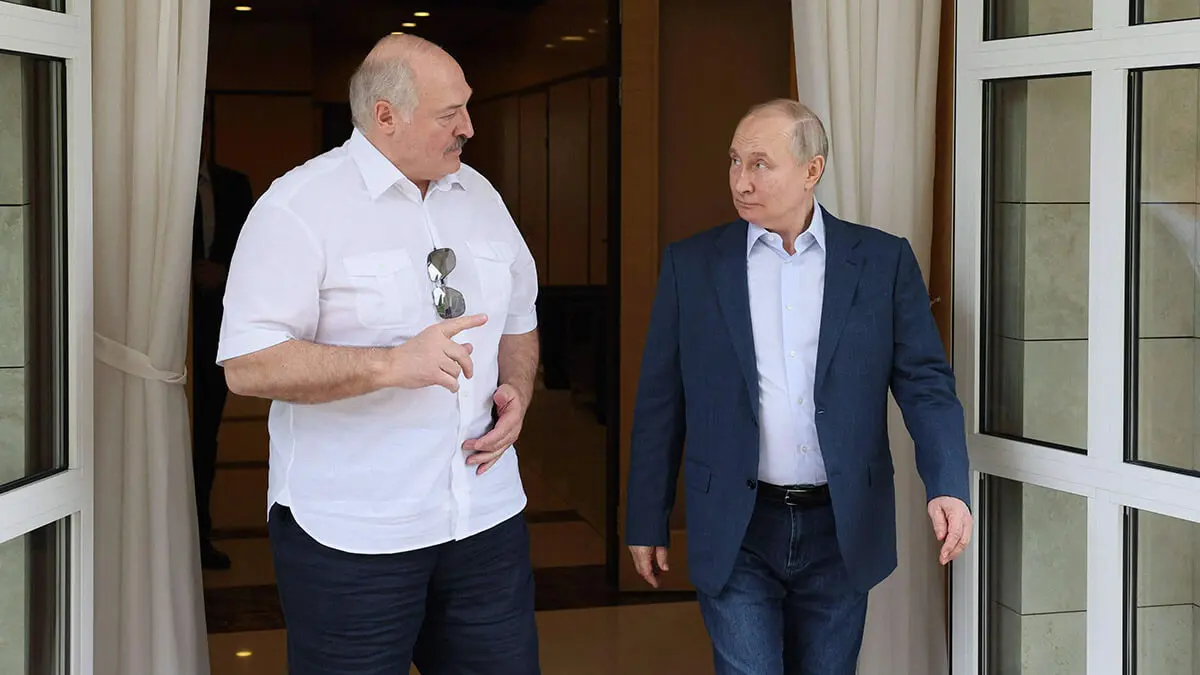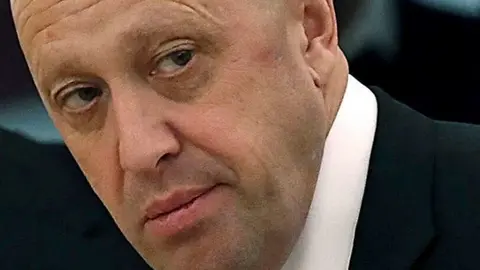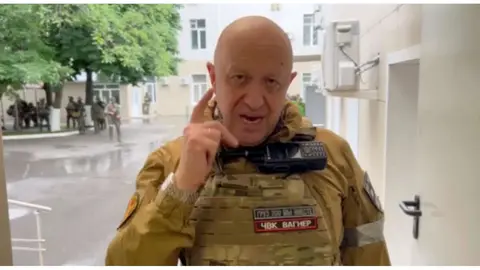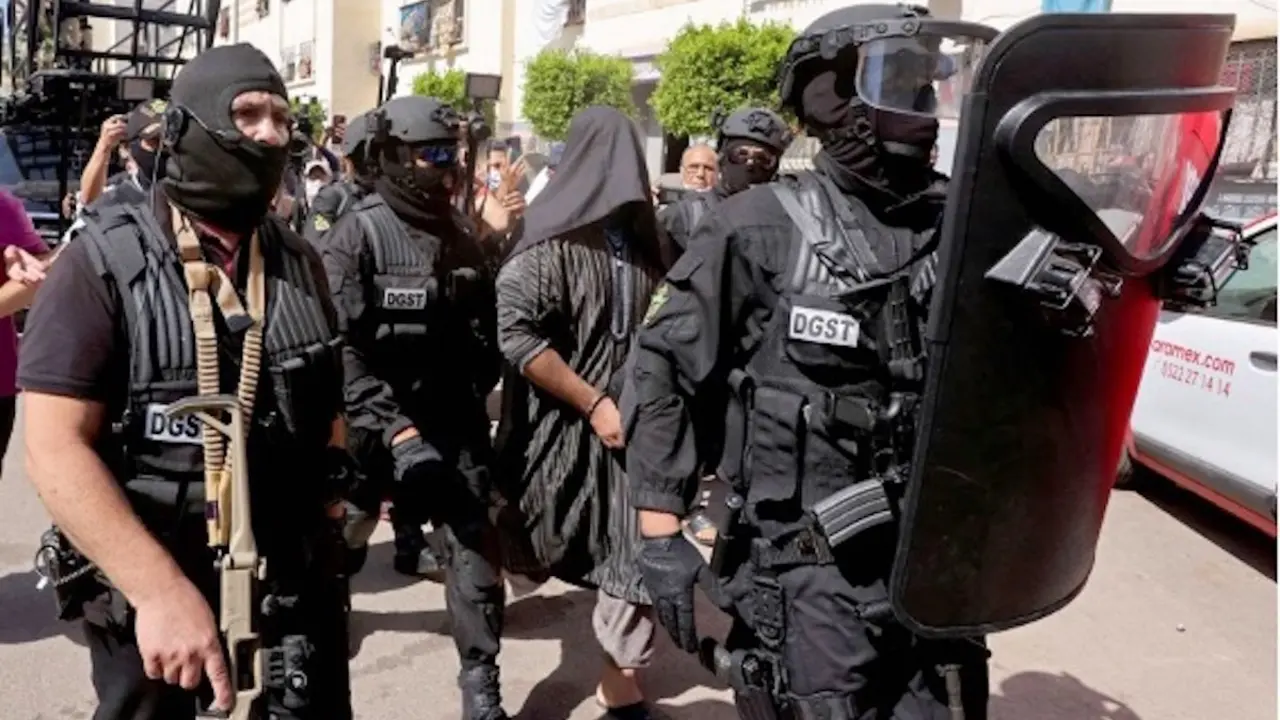Prigozhin's rebellion pulls Lukashenko out of Putin's shadow

The failed rebellion by Wagner Group mercenaries at the weekend has brought Belarusian President Alexander Lukashenko out of the shadow of his Russian counterpart Vladimir Putin for his mediation in quelling the biggest challenge to the Kremlin's power in recent years.
Overnight, the Belarusian leader was transformed into a mediator between the Russians. No more and no less between the head of the Wagnerites, Yevgeny Prigozhin, and the Russian presidency, an unthinkable role for a major, albeit minor, Kremlin partner.
Lukashenko, who will be in power for 30 years in July, will undoubtedly benefit from his contribution to resolving the crisis triggered by Prigozhin's mutiny and Moscow's inability to put an end to it as soon as it began.
The Belarusian leader is a shrewd politician and would never waste his office as mediator and public face of an agreement that prevented a fratricidal armed clash in Russia with unpredictable consequences.
His debt to Putin
But Lukashenko owed it to Putin: the Kremlin chief's support was crucial for the Belarusian leader's regime to survive the massive opposition protests after the 2020 presidential elections, declared fraudulent by his opponents and much of the international community.
Russia's economic and political backing has allowed the Belarusian leader to rule his country with an iron fist, but has greatly increased his dependence on Moscow.
Even so, he has resisted involving his country's troops in Russia's military campaign in neighbouring Ukraine, although the Russian army initially launched its failed offensive on Kiev from Belarusian territory.
Lukashenko already has experience as a mediator or facilitator of agreements for the Kremlin: in 2014 and 2015 he made Minsk available for ceasefire agreements in the Donbas.
Also in late February and early March 2022, days after the start of the Russian military campaign in Ukraine, he lent Belarusian territory for the first Russian-Ukrainian negotiations, which did not come to fruition.
Is the importance of his mediation exaggerated?
According to Artyom Shraibman, a Belarusian political analyst and expert at the US-based Carnegie Endowment for International Peace, the importance of Lukashenko's mediation has been exaggerated by both Minsk and Moscow.
"In fact, Lukashenko's role was most likely technical: to publicise the agreements reached by more senior mediators, which the Kremlin prefers to keep out of the public spotlight," Shraibman wrote on his Telegram channel.
In social media, Putin's former bodyguard and current governor of the Tula region, Alexei Diumin, is mentioned as one of the architects of the deal with the Wagner leader.
Wagnerite columns advancing on Moscow along the M-4 highway stopped just before reaching the southern administrative border of the Tula region, some 300 kilometres south of the Russian capital.
Shraibman said the announcement that Prigozhin was going into exile in Belarus in no way meant that the mercenary chief would remain in that country. "He has nothing to do there," he stressed.
In any case, he stressed that whatever Lukashenko's involvement has been, it will pay dividends for him in the immediate future, both domestically and in his relationship with Moscow.
Opposition sees an opportunity for his downfall
At the same time, the analyst warned that in the more distant future the fate of Belarus will be determined by how far the Russian regime drifts, having exposed with last weekend's rebellion "the extent of its fragility, internal strife and chaos".
Indeed, the Belarusian opposition in exile already believes that the situation resulting from political instability in Russia "will give Belarus a chance to regain its freedom".
In an interview with the political daily Gazeta Polska published on Monday, former culture minister Pavel Latushka said that there has been a plan in place for some time that, in anticipation of "a scenario like the one that is happening now", will soon be "activated in Belarus" in order to "regain freedom" and overthrow the Lukashenko regime.










